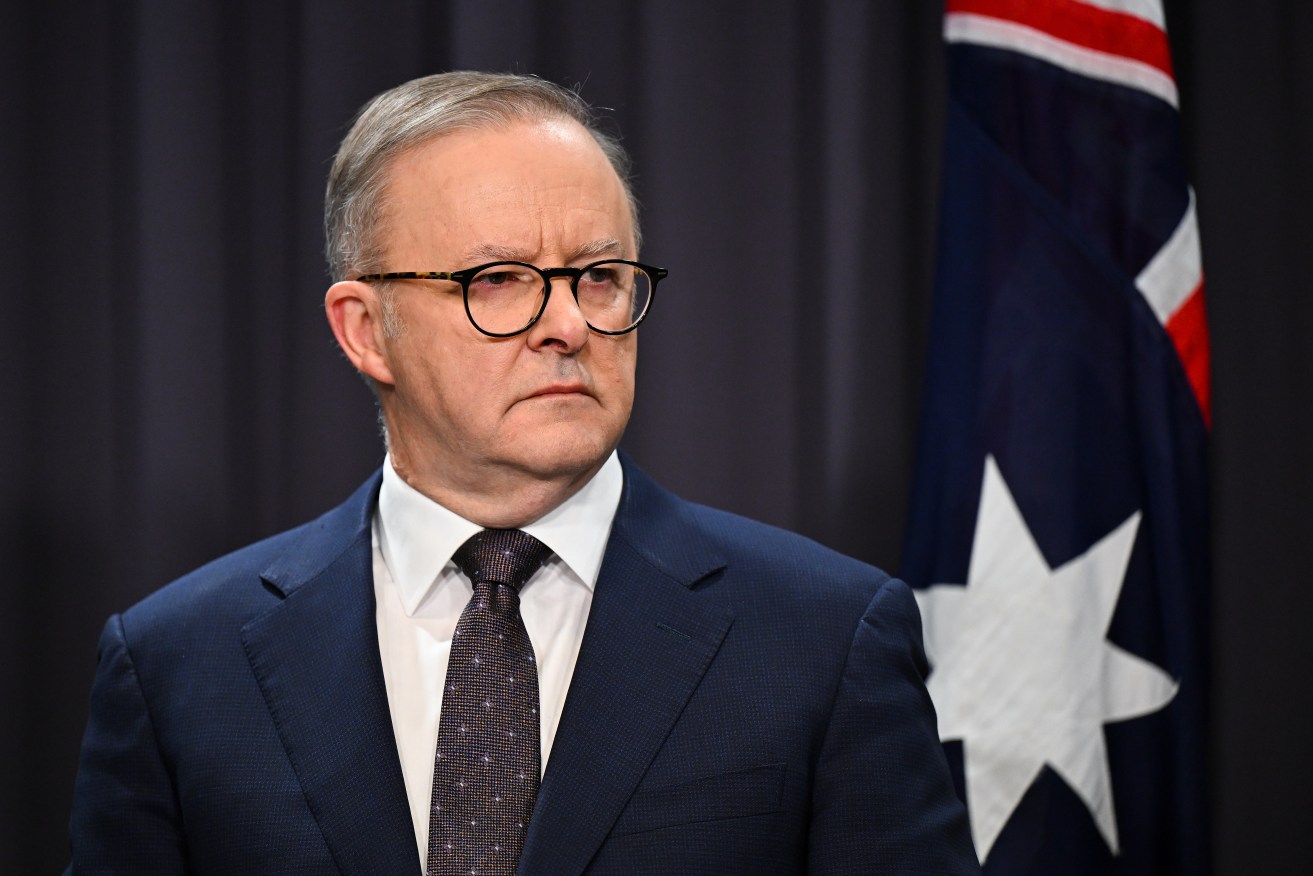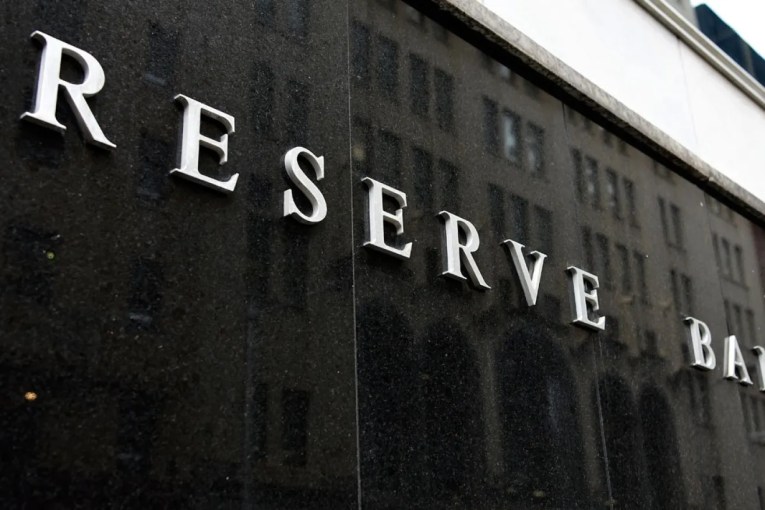Renters’ rights to go to national cabinet, but underlying issues remain


'We will not be nationalising private housing in this country,' Prime Minister Anthony Albanese says. Photo: AAP
Federal and state Labor leaders are expected to strike a deal to strengthen renters’ rights Australia-wide at a national cabinet meeting in Brisbane next week, but experts say there’s no short-term fix.
Prime Minister Anthony Albanese is seeking to get a deal done that will set uniform principles to protect renters and influence housing supply and prices, but will leave it up to states and territories to decide the rules under their own laws, The Sydney Morning Herald reports.
“We will not be nationalising private housing in this country,” Mr Albanese told Parliament on Tuesday after being asked by the Greens to have states impose rental caps nationwide.
“We will not be doing things that make it more difficult rather than less difficult.”
Better Renting executive director Joel Dignam told TND the situation for renters is challenging, with changes in the market meaning renters have been left with less choice and power.
Research conducted by Better Renting over the years has consistently found many Australians are living in unsafe and risky conditions due to a lack of clear regulations and protections.
“We’re seeing landlords taking advantage of [the power imbalance] with really big rent increases,” Mr Dignam said.
“People have a lot of fear around exercising their rights … we see a lot of renters who are accepting very sub-par properties because that’s better than being homeless. That’s the bad news.
“The good news is there’s clearly more momentum on these issues … It is a time of crisis that can lead to real change [which] can make a big, positive difference.”
What are the proposals?
The details of the national cabinet deal are yet to be finalised, but several state governments have flagged a willingness to implement possible changes to help ease the burden on renters.
In New South Wales, Premier Chris Minns has vowed to ban ‘no-grounds evictions’, which allow landlords to evict tenants at the end of a fixed-term lease, or during an ongoing lease, without providing a reason.
This year the state introduced its first Rental Commissioner Trina Jones, who is working on making it easier for renters to have pets in their homes, and improving the protection of renters’ information and privacy.

Letting tenants keep pets in their rental properties seems to be among the top reform priorities in several states. Photo: Getty
South Australia also plans to ban no-grounds evictions, leaving Western Australia as the only jurisdiction that has not banned the practice or have any plans to do so.
However, Western Australia is working to allow tenants to have pets in their rental accommodations, and to make minor modifications to these properties.
Queensland is looking to give tenants more power to make security and decorative modifications to their rental properties, as well as limiting the number of property inspections allowed and increasing the notice period for inspections.
Mr Dignam said although things in the Australian Capital Territory aren’t perfect, it is ahead of other jurisdictions on several issues.
This year, the ACT banned no-grounds evictions, along with other reforms such as strengthening tenants’ rights to grow food and compost food waste, and setting a new minimum energy efficiency standard for ceiling insulation.
Although action to improving renters’ rights is important, Mr Dignam said the government also needs to focus on complementary action to increase housing supply and affordability.
What about rent price hikes?
Australia’s rental market has recently seen the longest stretch of rent hikes on record, pushing many towards share houses or a move back in with the parents, and into homelessness.
CoreLogic data shows annual national rent values increased 9.4 per cent in July.
There’s signs of the market easing, with the growth in rents representing a decline from the 10.2 per cent high recorded in the 2022 calendar year, and SQM Research data showing national vacancy rates rose slightly year on year to 1.3 per cent in June.
But Louis Christopher, SQM Research managing director, said these signs of relief will only last a few months, with the underlying causes of rent increases and low vacancy rates still unresolved.
Some states are working to ease the increasing cost being borne by renters through proposed reforms, such as a ban on rent bidding and rent rises more than once a year in Western Australia.
The Sydney Morning Herald reports changes on the table for Victoria include limiting landlords to one rent increase every two years – up from the current 12-month limit for most cases – possibly in combination with a rental cap.
But Mr Christopher said the main issue is housing supply is not keeping up with rapid population growth – and the situation does not have a short-term fix.
Labor and the Greens are clashing over the government’s proposed $10 billion Housing Australia Future Fund, but he said both sides have good points.
Mr Christopher said the Greens’ proposed rental caps are just a “band-aid” solution that could make the rental crisis worse by scaring away investors; but he agreed with the party that far more housing is needed than Labor’s proposed 30,000 homes.
“On the supply side, I believe the answers are a combination of increased social housing, plus encouraging investors to come into the new housing market, whether that be by way of tax incentives [or] other ways,” he said.
“It’s not a short-term fix. We’re not going to turn around the supply equation overnight.
“[Additionally], both [Labor and the Greens] seem to not discuss the elephant in the room, which is migration. If we were able to put a short-term cap or manage migration from year to year based on our economic constraints, [that] would help resolve this issue.”








